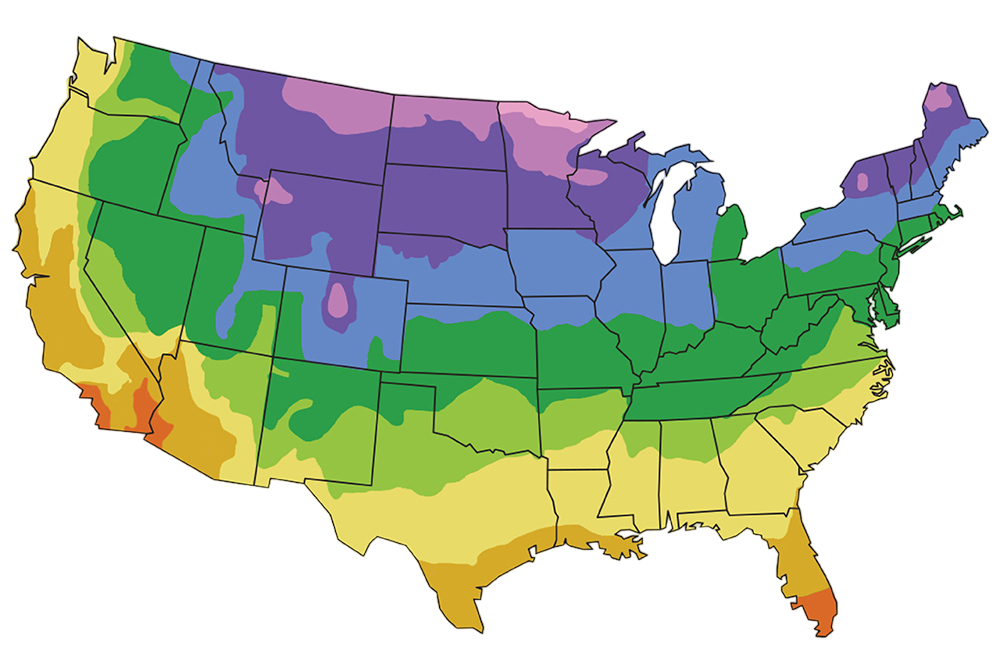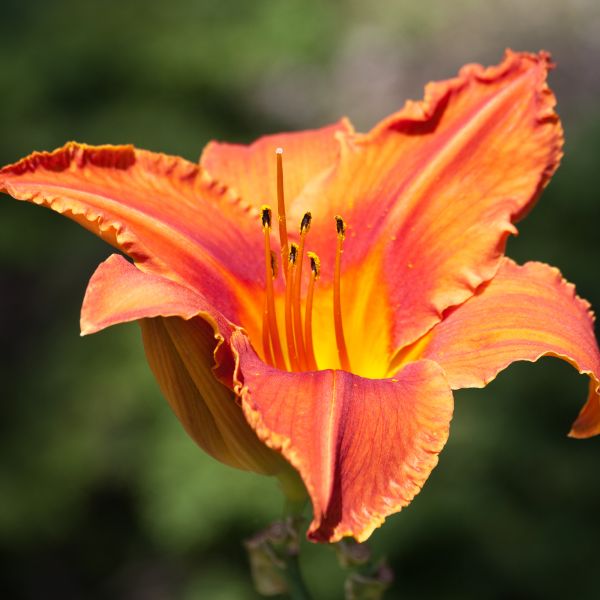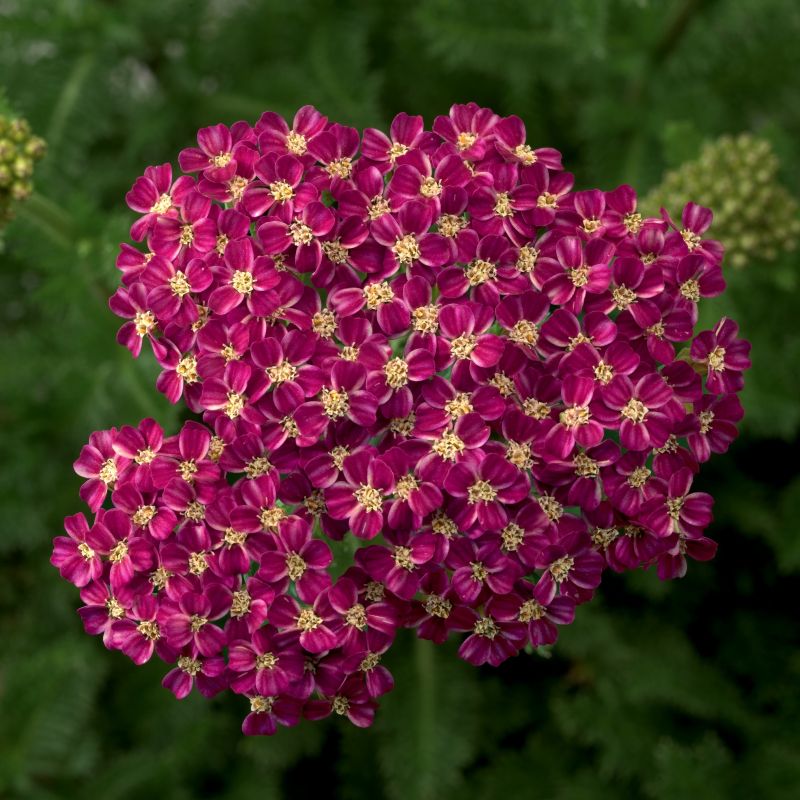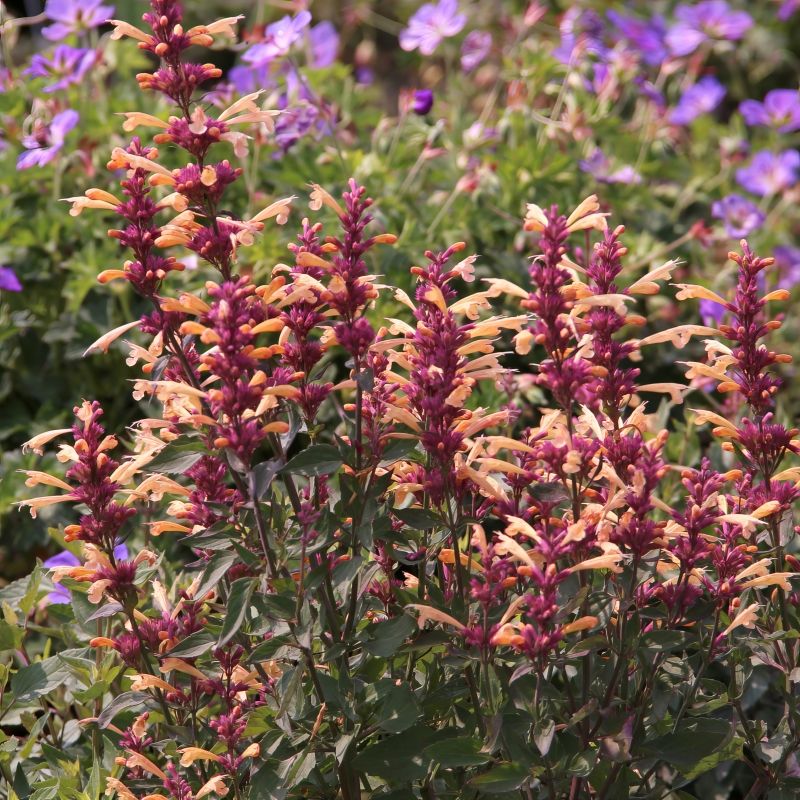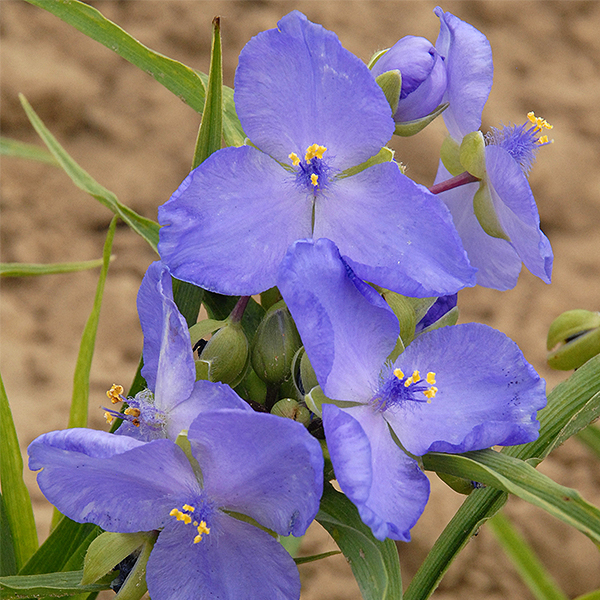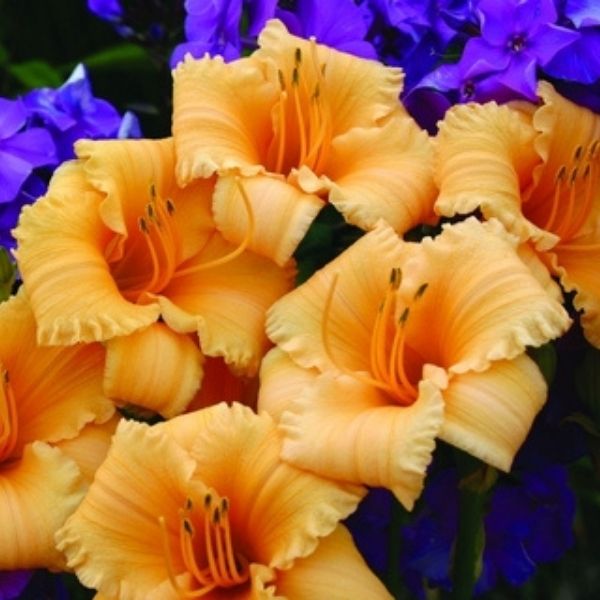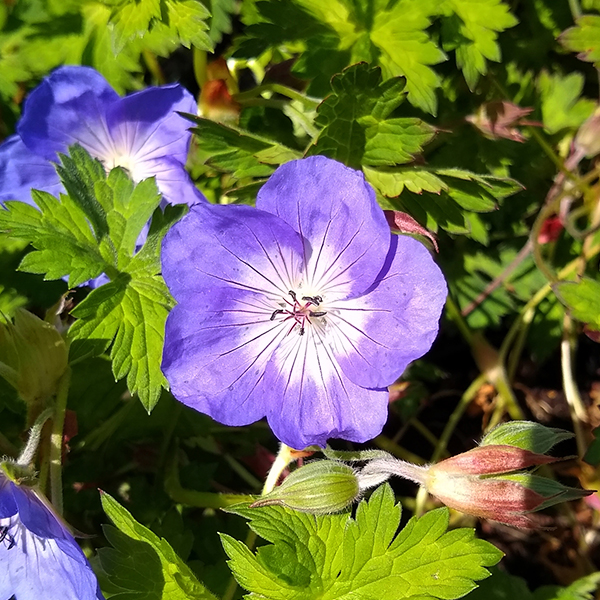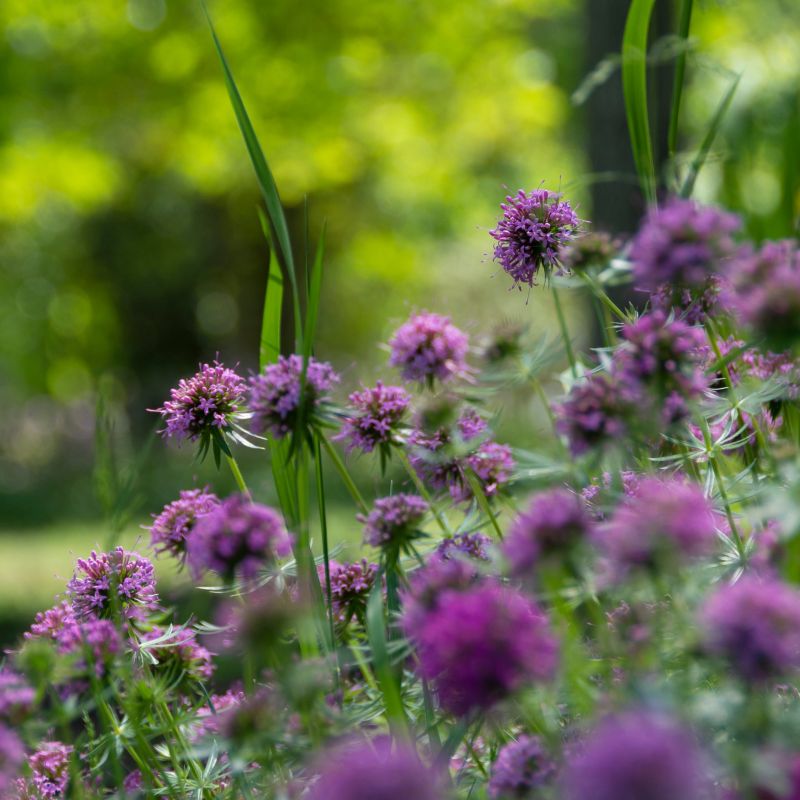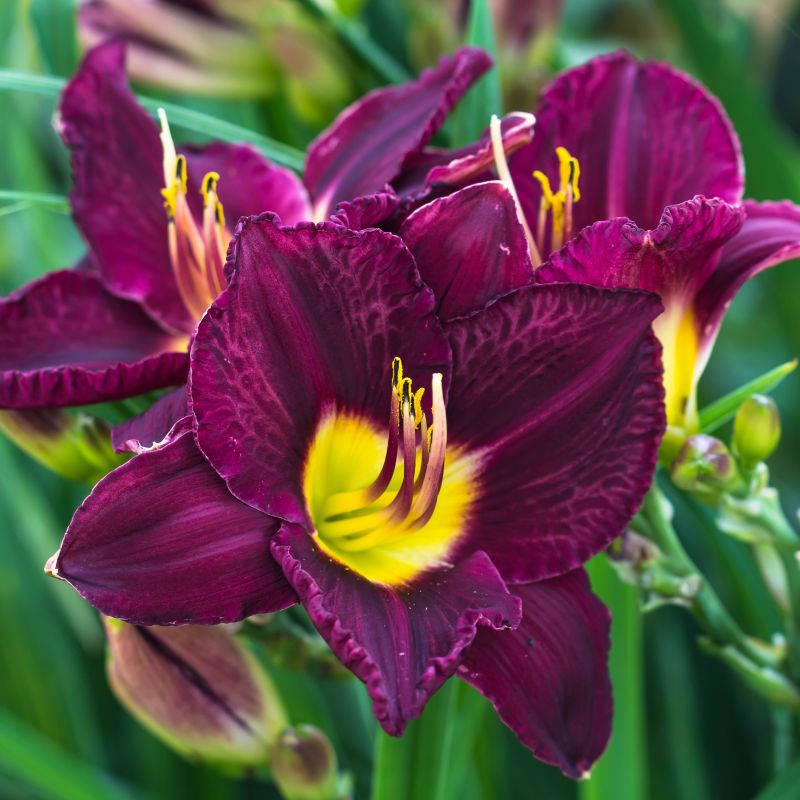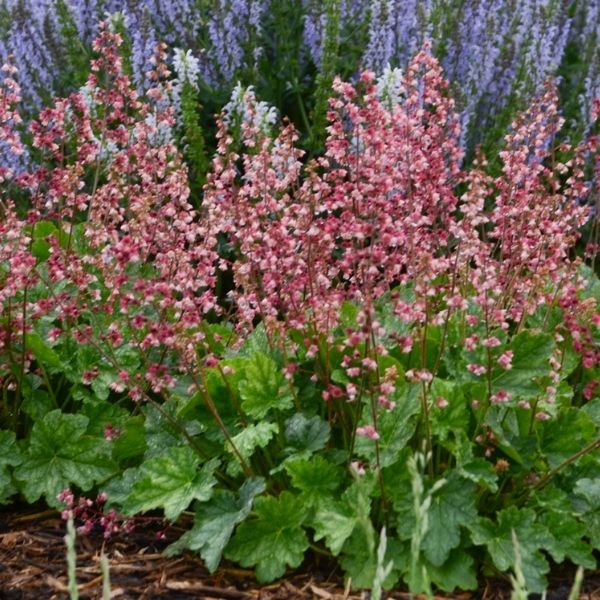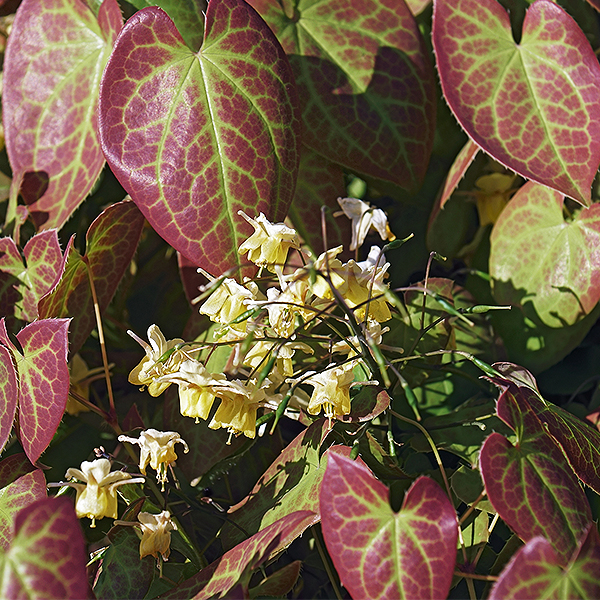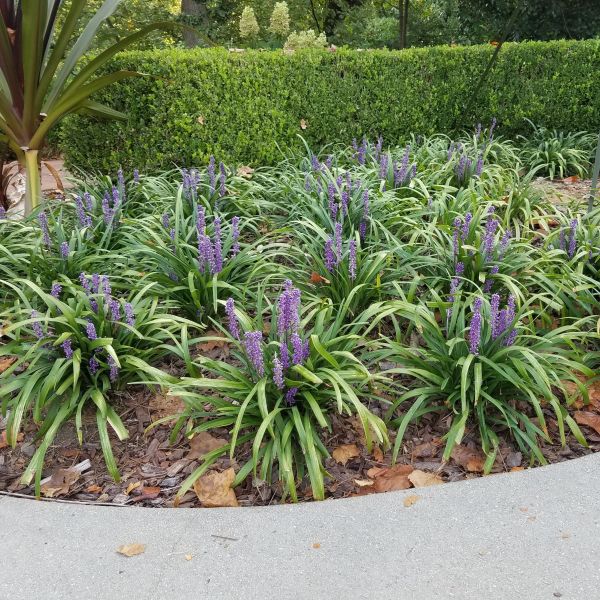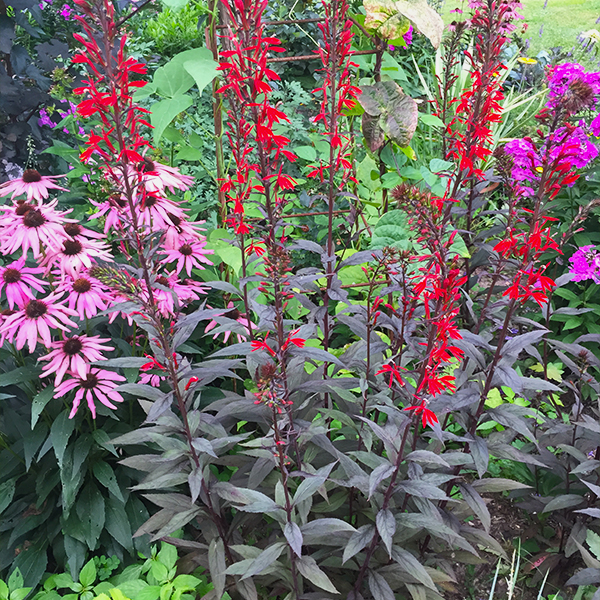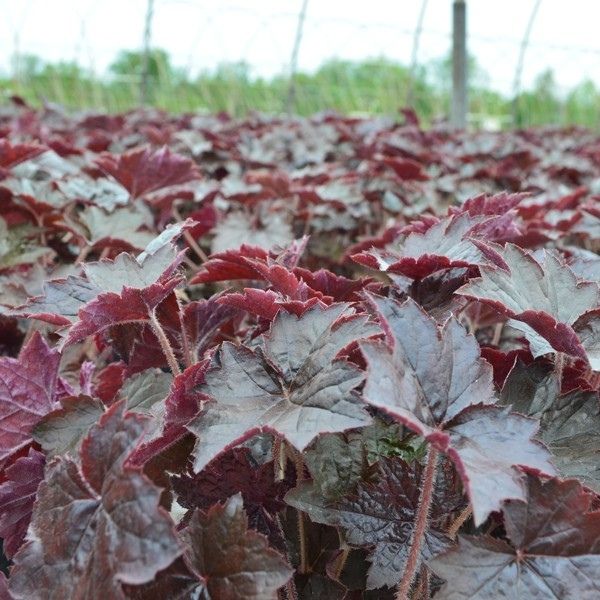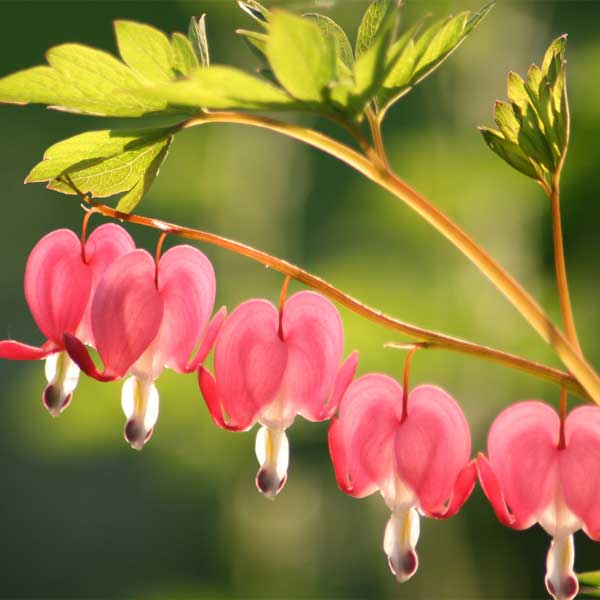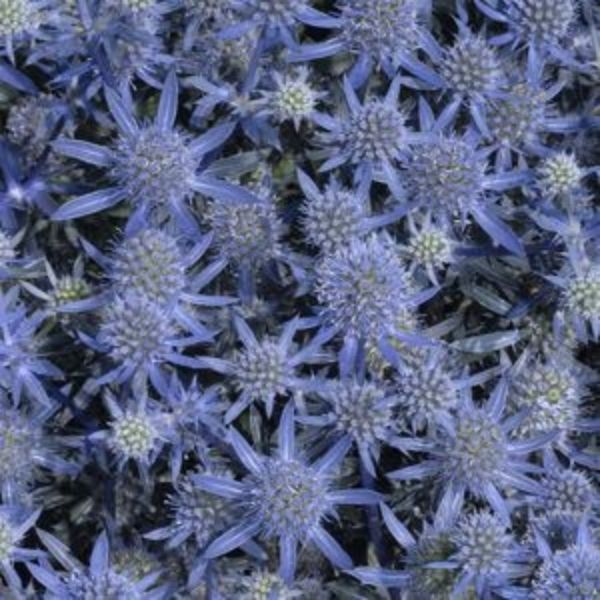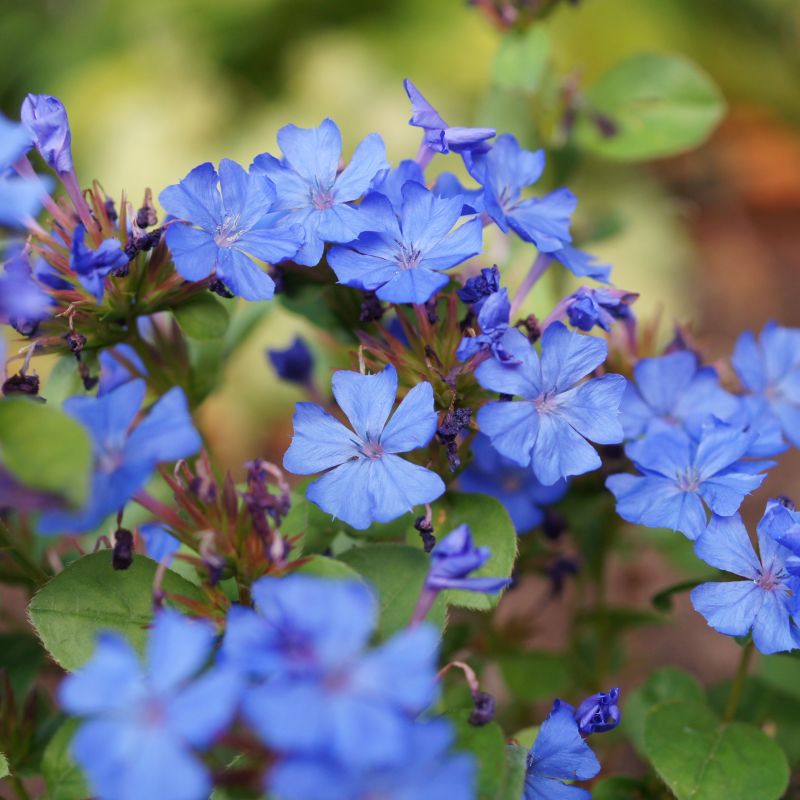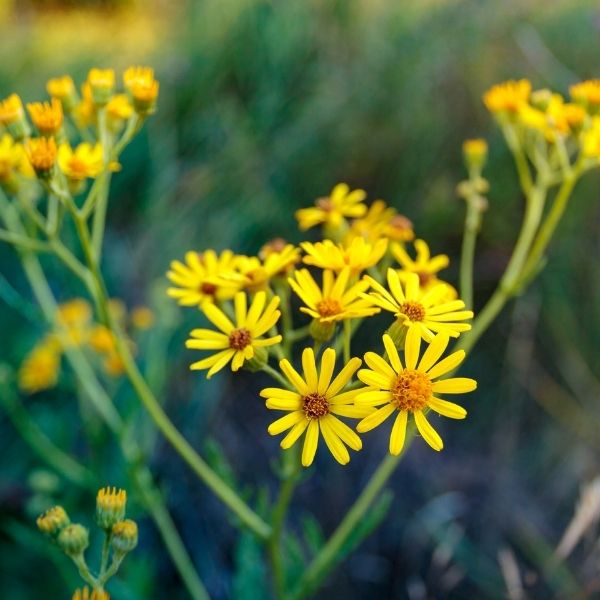
Golden Ragwort
Packera aurea
13 reviews
Golden Ragwort
Packera aurea
13 reviews
- Beautiful yellow blooms in late spring and early summer
- Tolerant of moist soil and partial shade
- Attracts pollinators like butterflies and bees
- Recommended by landscape designers for optimal fit in real yards
$34.00
$49.00
30% Off
- Ships to 43215 in 3 to 7 days
- Free Shipping Over $150
- Plant Arrival Guarantee
- In Stock
- Free Plant Consult
$200 - Landscape-Approved: Every Plant We Sell Comes With Design Expertise Behind It
- Premium 1 Gallon
- 1 Gallon
Not just beautiful - intentionally selected by ShrubHub's 3D landscape design team to fit real-world spaces and maximize yard potential.
Why Golden Ragwort?
Golden Ragwort, also known as Packera aurea, is a native perennial wildflower found in moist, wooded areas across North America. With bright yellow daisy-like flowers and heart-shaped leaves, it provides a pop of color in the early spring. It is an important food source for pollinators and is often used in wetland restoration projects due to its ability to thrive in wet soil conditions.
People who loved this plant also bought
Sunlight
Golden Ragwort thrives in partial shade to full sun conditions, although it prefers partial shade in the afternoon to protect it from intense sunlight. It can tolerate a wide range of light conditions, making it a versatile plant for various garden setting
Watering
Golden Ragwort requires consistently moist soil, but not waterlogged. It is best to water the plant regularly to keep the soil moist, especially during dry periods. Overwatering can lead to root rot, so it is important to allow the soil to partially dry ou
Fertilizing
Golden Ragwort prefers rich, moist soil with a slightly acidic pH. A balanced fertilizer with a ratio of 10-10-10 or equivalent is suitable for this plant. Fertilize in early spring before new growth appears, and avoid over-fertilizing as it can lead to le
Golden Ragwort (Packera aurea)
Golden Ragwort, also known as Packera aurea, is a Native perennial wildflower that is commonly found in wet meadows, woodlands, and streambanks. It is native to North America and typically blooms from late spring to early summer.
Features:
- Produces clusters of bright yellow daisy-like flowers
- Attracts pollinators such as bees and butterflies
- Grows up to 1-2 feet tall
- Leaves are deep green and heart-shaped
Care Instructions:
Golden Ragwort prefers moist, well-drained soil and partial to full shade. It can tolerate wet conditions and is deer resistant. It is low maintenance and does not require frequent watering once established.
Uses:
Golden Ragwort is a great addition to woodland gardens, rain gardens, and water features. It can also be used for erosion control along streambanks or in boggy areas. The bright yellow flowers add a pop of color to any landscape.
Plant Information:
| Botanical Name: | Packera aurea |
| USDA Zones: | 3 - 8 |
| Water: | Medium |
| Exposure: | Full Sun |
| Soil Needs: | Adaptable to Most Soils |
| Mature Height: | 6 - 12 inches |
| Mature Spread: | 12 - 18 inches |
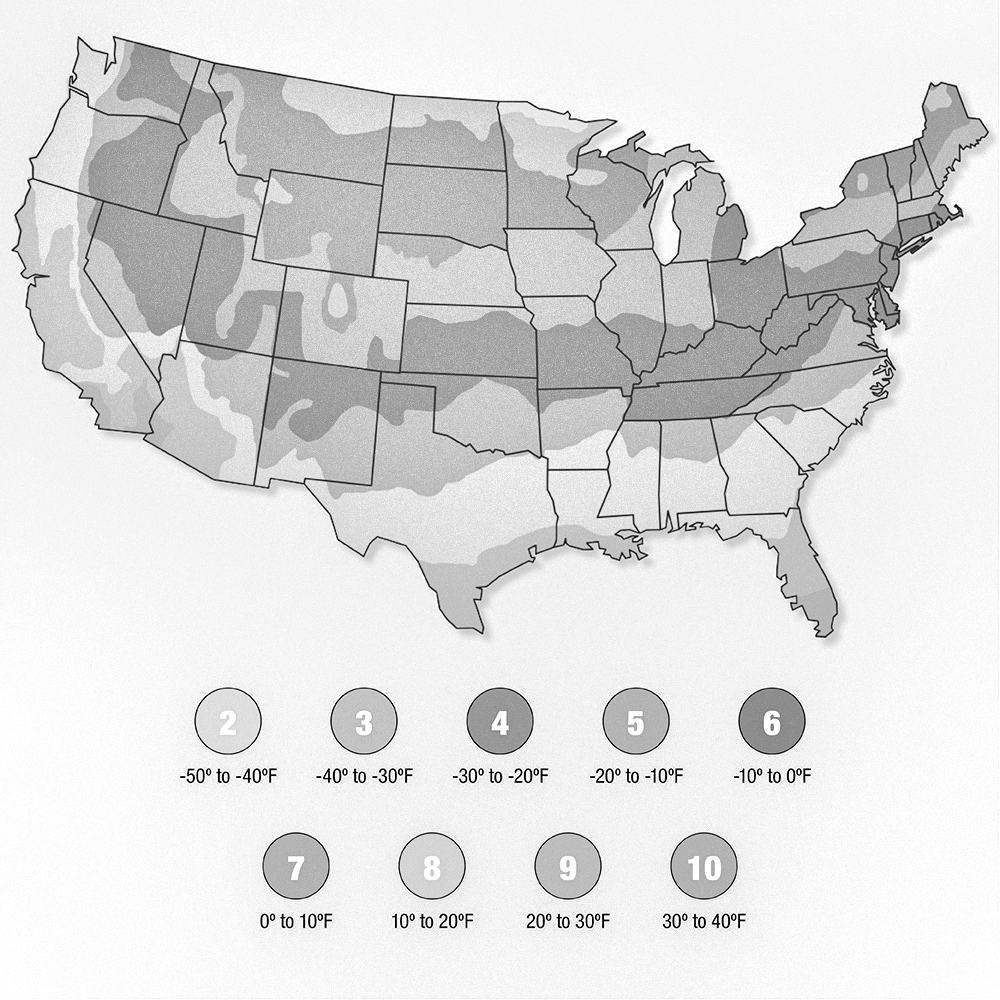

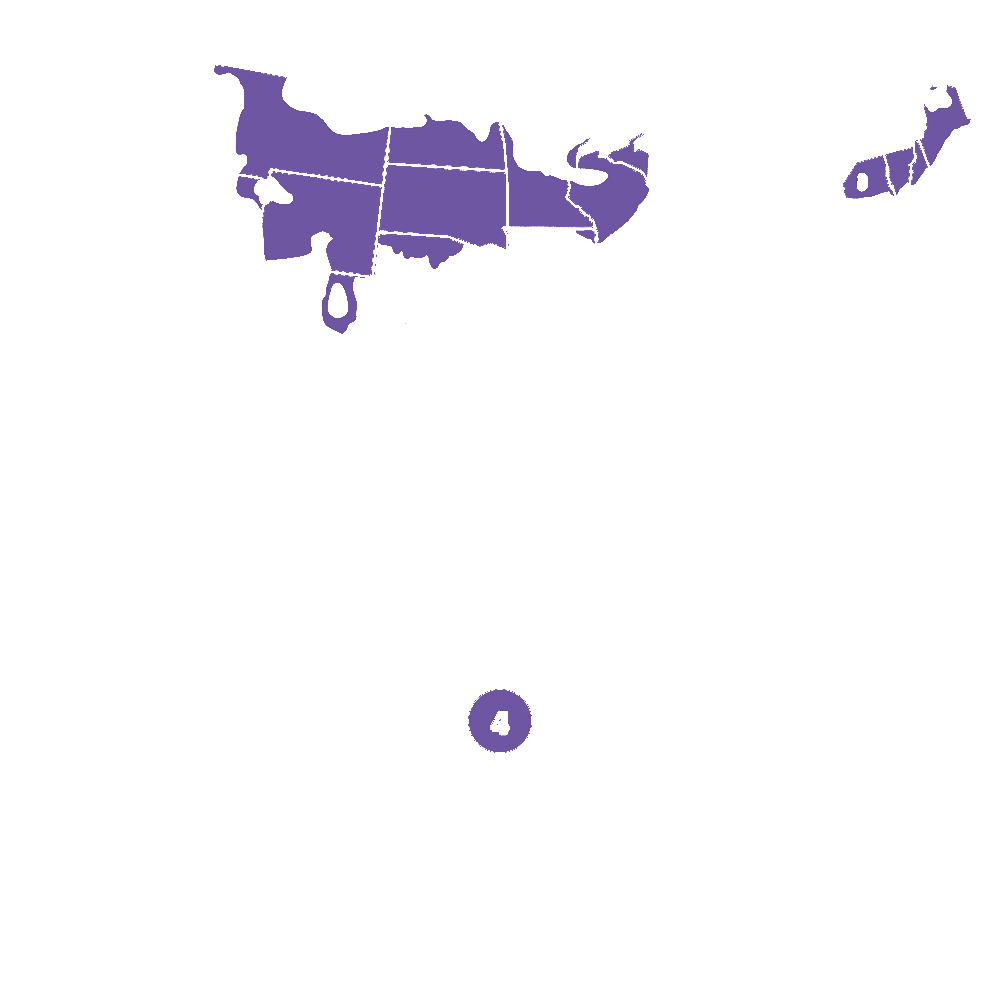

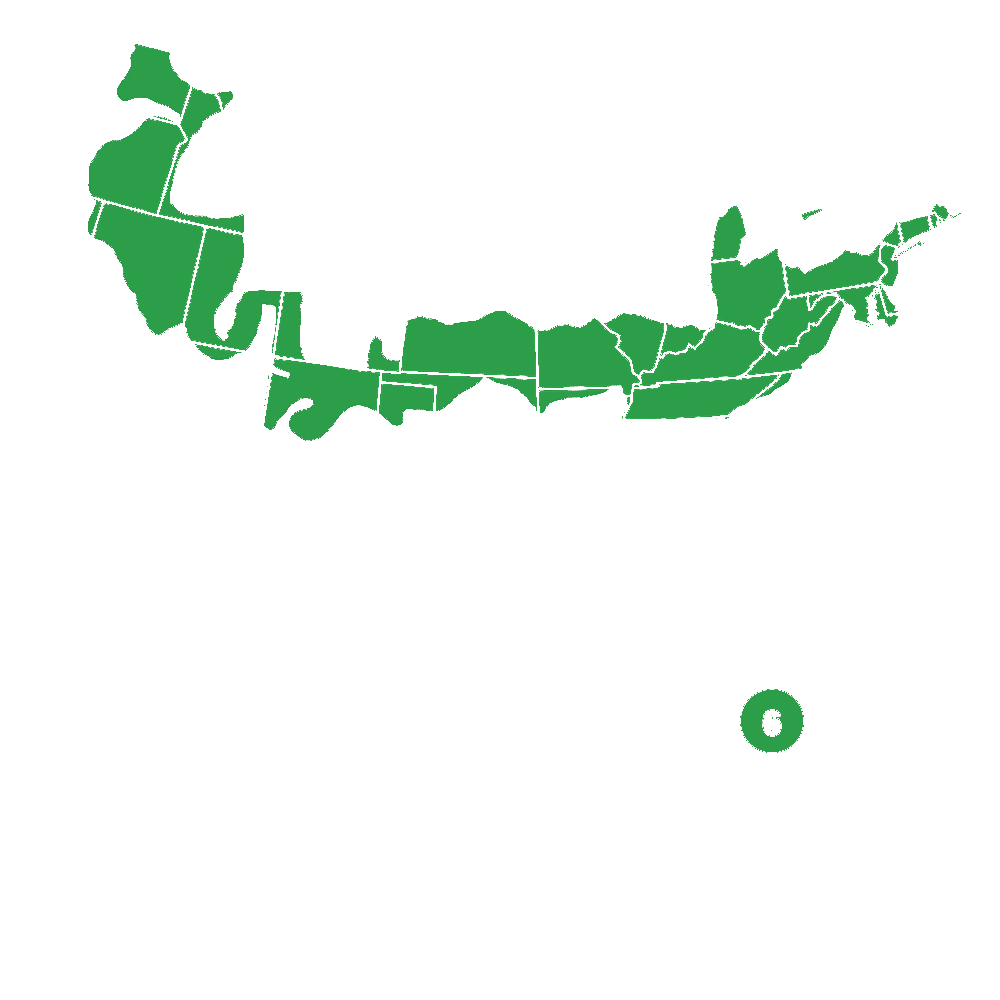

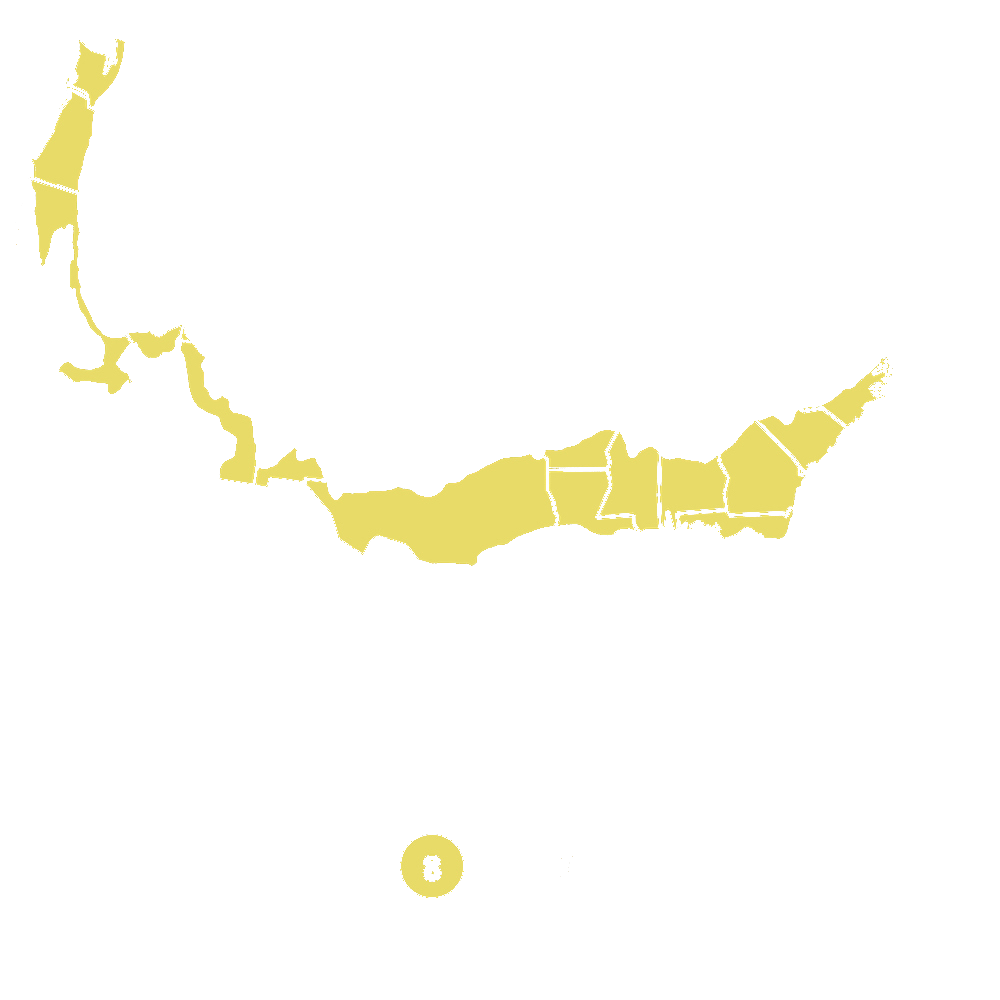
Pollination Info
Golden Ragwort (Packera aurea) Pollination Information:
Golden Ragwort is a perennial herbaceous plant that belongs to the Asteraceae family. It is native to eastern North America and is commonly found in wet meadows, stream banks, and woodland edges.
Pollination Process:
Golden Ragwort is pollinated by a variety of insects, including bees, butterflies, and moths. The bright yellow flowers of the plant attract these pollinators with their vibrant color and sweet nectar.
Reproduction:
Golden Ragwort reproduces through both sexual and asexual means. The plant produces small seeds that are dispersed by wind and animals. It also spreads through rhizomes, allowing it to form large colonies over time.
Importance:
Pollination is crucial for the reproduction of Golden Ragwort and many other plant species. By attracting pollinators, the plant ensures the production of seeds and the continuation of its genetic line.
FAQ
Golden Ragwort (Packera aurea) FAQ
What is Golden Ragwort?
Golden Ragwort, also known as Packera aurea, is a perennial flowering plant native to eastern North America. It is known for its attractive yellow flowers and its ability to thrive in moist woodland areas.
How do I care for Golden Ragwort?
Golden Ragwort thrives in moist, well-drained soil and prefers partial shade to full shade. It is relatively low-maintenance and does not require regular watering once established. It is important to keep the soil consistently moist, especially during dry periods.
When does Golden Ragwort bloom?
Golden Ragwort typically blooms in late spring to early summer, producing clusters of small yellow flowers that attract pollinators such as bees and butterflies.
Is Golden Ragwort toxic to pets?
Golden Ragwort contains pyrrolizidine alkaloids, which can be toxic to livestock if consumed in large quantities. It is recommended to keep pets away from the plant to prevent any potential toxicity issues.
Can Golden Ragwort be used in landscaping?
Golden Ragwort can be a great addition to woodland gardens, native plant landscapes, and shady areas where other plants struggle to thrive. Its bright yellow flowers can add a pop of color to any garden setting.
Planting & Care
Planting and Care for Golden Ragwort (Packera aurea)
Planting:
Golden Ragwort is a perennial plant that can be grown in a variety of soil types, but it prefers moist, well-draining soil. Choose a location that receives partial to full shade for planting.
Plant Golden Ragwort in the spring or fall. Dig a hole that is slightly larger than the root ball of the plant and place the plant in the hole, making sure the top of the root ball is level with the soil surface. Fill in the hole with soil and water well.
Care:
Water Golden Ragwort regularly, especially during dry periods. Mulch around the base of the plant to help retain moisture and suppress weeds.
Deadhead spent flowers to encourage new blooms and prevent the plant from self-seeding too aggressively. Cut back any dead foliage in the fall to promote healthy growth in the spring.
Divide Golden Ragwort every 2-3 years to prevent overcrowding and maintain plant health. Simply dig up the plant, separate the root ball into smaller pieces, and replant in a new location.
By following these planting and care instructions, you can enjoy beautiful golden blooms from your Golden Ragwort for years to come!
Check Out These Verified Customer Reviews:
Customer Reviews
4.8 out of 5 based on 13 reviews
Thank you! Your review has been submitted.
Excellent customer service experience.
Received the Golden Ragwort in perfect condition, very well packaged.
High quality plants, very pleased.
Item has been added to your cart.

